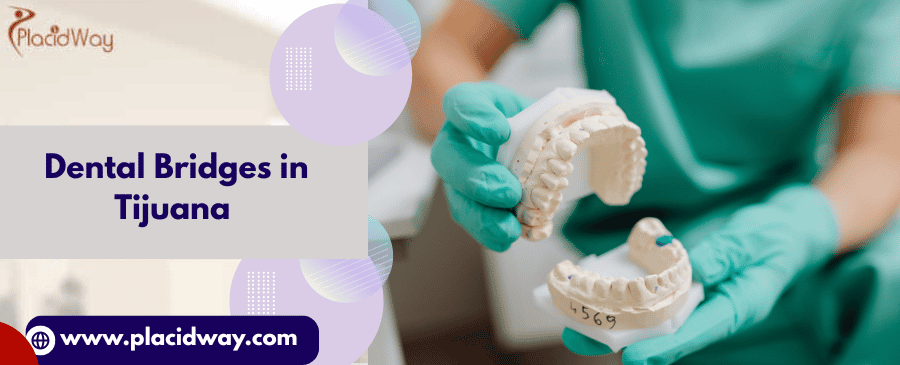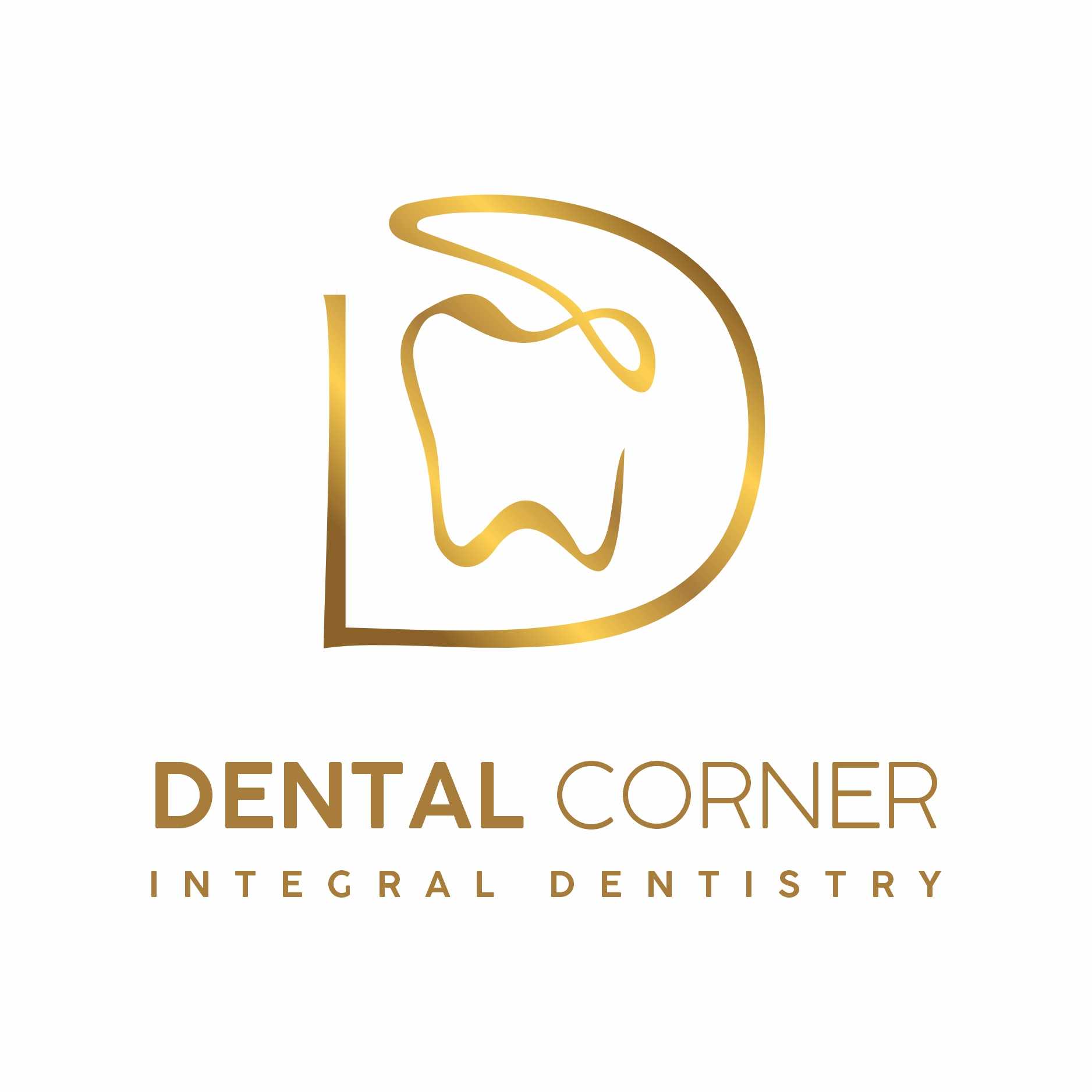How Long Do Dental Bridges Last in Tijuana? Understanding Longevity

For individuals seeking affordable and high-quality dental care, Tijuana, Mexico, has emerged as a popular destination. Among the many procedures offered, dental bridges are a common and effective solution for replacing missing teeth. When considering a significant dental investment like a bridge, a key question for many patients is, "How long will it last?" The lifespan of dental bridges placed in Tijuana is comparable to those performed in other parts of the world, with success largely depending on several crucial factors. Let's explore what affects the longevity of these restorations and how you can maximize their lifespan.
What is the average lifespan of a dental bridge?
The average lifespan of a dental bridge is generally considered to be quite good, offering many years of restored function and aesthetics. However, this is an average, and the actual durability of a bridge can vary significantly. Factors such as the materials used, the location of the bridge in the mouth, the quality of the dentist's work, and crucially, the patient's oral hygiene habits all play a role in determining how long a dental bridge will remain functional and intact.
While a dental bridge is a "permanent" restoration in the sense that only a dentist can remove it, it does not last forever. Like natural teeth, bridges are subject to wear and tear over time. Regular dental check-ups are essential to monitor the condition of the bridge and the health of the supporting teeth and gums, allowing for early detection of any issues that could compromise its longevity.
What factors influence the lifespan of dental bridges placed in Tijuana?
Several critical factors determine how long a dental bridge placed in Tijuana (or anywhere else) will last:
- Material Quality: The material from which the bridge is made is a primary determinant of its durability.
- Zirconia Bridges: Highly durable and aesthetically pleasing, zirconia bridges are known for their exceptional strength and can last 15-20 years or more with proper care.
- E.max Bridges (Lithium Disilicate): Offer excellent aesthetics due to their translucency, similar to natural teeth. They are also quite strong and can last around 10-15 years.
- Porcelain Fused to Metal (PFM) Bridges: Combine the strength of a metal base with the aesthetics of porcelain. These typically last 10-15 years.
- All-Ceramic Bridges (older types): While aesthetically good, some older all-ceramic types might be more prone to chipping or cracking if not made from newer, stronger ceramics like zirconia or E.max.
- All-Metal (Gold) Bridges: While less aesthetic, gold bridges are incredibly durable and long-lasting, often exceeding 15-20 years.
- Oral Hygiene Habits: This is perhaps the most significant factor within your control. Poor oral hygiene leads to plaque and bacteria buildup around the bridge and supporting teeth, increasing the risk of:
- Tooth Decay: Cavities can form on the natural teeth supporting the bridge, weakening them and potentially causing the bridge to fail.
- Gum Disease (Gingivitis or Periodontitis): Inflammation and infection of the gums can compromise the health of the supporting structures, leading to bone loss and destabilization of the bridge.
- Diet and Eating Habits:
- Hard/Sticky Foods: Chewing on hard objects (ice, hard candies, pens), sticky foods (caramel), or overly chewy foods can put excessive stress on the bridge, leading to cracks, chips, or even dislodgement.
- Acidic/Sugary Foods: Frequent consumption of these can contribute to decay in the natural teeth supporting the bridge.
- Teeth Grinding (Bruxism): Habitual clenching or grinding of teeth, especially during sleep, exerts immense pressure on dental restorations. If you grind your teeth, a nightguard is highly recommended to protect your bridge and natural teeth.
- Health of Abutment (Supporting) Teeth and Gums: The longevity of a bridge is directly tied to the health of the natural teeth that anchor it. If these teeth become decayed, infected, or suffer from bone loss due to periodontal disease, the bridge's stability will be compromised.
- Dentist's Skill and Precision: A well-fitted bridge with precise bite alignment and proper preparation of the abutment teeth will last longer. Reputable dentists in Tijuana, like those associated with clinics specializing in international patients, prioritize precision and quality.
- Regular Dental Check-ups: Biannual visits to a dentist for professional cleanings and check-ups are essential. The dentist can monitor the bridge's integrity, identify early signs of wear or decay, and make any necessary adjustments before small issues become major problems.
By understanding and proactively managing these factors, patients can significantly extend the lifespan of their dental bridges placed in Tijuana.
How does the quality of dental care in Tijuana affect bridge lifespan?
The perception of dental care quality in Tijuana has significantly evolved. While it's true that, like any industry, there's a spectrum of quality, the clinics that cater to international patients and have built a strong reputation are generally committed to high standards. This directly impacts the lifespan of dental bridges:
- Experienced Dentists: Many dentists in Tijuana have received training from prestigious institutions in Mexico or abroad. Due to the high volume of procedures, they often gain extensive practical experience, leading to refined skills in preparing teeth, taking impressions, and placing bridges precisely.
- Modern Technology: Reputable clinics in Tijuana often invest in cutting-edge dental technology, including:
- Digital X-rays and 3D CT Scans: For accurate diagnosis and precise treatment planning.
- CAD/CAM Technology: Allows for in-house design and milling of crowns and bridges, ensuring a precise fit and potentially faster fabrication.
- Advanced Bonding Agents and Cements: Modern adhesive technologies create stronger, more durable bonds between the bridge and supporting teeth, reducing the risk of loosening or decay.
- High-Quality Materials: As discussed, clinics committed to long-term results use premium materials like zirconia, E.max, and high-grade porcelains, sourced from reputable manufacturers.
- Sterilization Protocols: Top clinics adhere to strict sterilization protocols, often meeting international standards, to prevent infections, which can severely compromise a bridge's lifespan.
- Warranties: A strong indicator of a clinic's confidence in its work is offering warranties on dental bridges. Many reputable Tijuana clinics provide warranties ranging from 2 to 10 years on their dental work, including bridges, which offers peace of mind.
By choosing a well-researched and reputable clinic in Tijuana, you can be confident that your dental bridge will be placed with the same, if not higher, quality and precision as in many Western countries, thus contributing positively to its longevity.
Are there specific types of dental bridges that last longer?
While the overall lifespan of a dental bridge is influenced by many factors, the type of bridge and the materials used play a significant role in its inherent durability:
- Implant-Supported Bridges:
- Lifespan: These are widely considered the longest-lasting type of bridge, often designed to last for decades, potentially a lifetime with proper care.
- Why: Instead of relying on natural teeth for support, they are anchored by dental implants surgically placed into the jawbone. Implants integrate directly with the bone (osseointegration), providing incredibly stable and durable support, eliminating the risk of decay in supporting natural teeth.
- Traditional Bridges (Tooth-Supported):
- Lifespan: Generally last 5-15 years.
- Why: These bridges are supported by crowns placed on adjacent natural teeth. Their longevity is intrinsically linked to the health and integrity of these supporting "abutment" teeth. If the abutment teeth develop decay or gum disease, the bridge's lifespan is compromised.
- Cantilever Bridges:
- Lifespan: Often have a shorter lifespan, typically 5-10 years.
- Why: These are used when there's only one adjacent tooth available for support, making them less stable and subjecting the single supporting tooth to more stress.
- Maryland Bridges:
- Lifespan: Usually 5-8 years.
- Why: These bridges use a metal or porcelain framework bonded to the back of adjacent teeth without extensive preparation. The bonding can be less secure over time, and they are typically used for front teeth where biting forces are lower.
In terms of materials, as noted previously, zirconia and all-metal (gold) bridges tend to offer the best longevity due to their exceptional strength and resistance to wear. E.max and Porcelain Fused to Metal also offer very good durability, balancing strength with aesthetics. Your Tijuana dentist will discuss the best type and material for your specific needs, considering your bite, oral health, and aesthetic preferences.
What maintenance is required to maximize the lifespan of a dental bridge from Tijuana?
Once your dental bridge is placed in Tijuana, the ongoing care you provide is paramount to its longevity. Proper maintenance can significantly extend its functional life and keep your smile healthy:
- Rigorous Oral Hygiene:
- Brush Twice Daily: Use a soft-bristled toothbrush and fluoride toothpaste. Pay special attention to the areas around the crowns supporting the bridge and along the gumline.
- Floss Daily: This is crucial. Since a bridge is a single unit, you cannot floss between the pontic (false tooth) and the adjacent teeth. You'll need specialized tools:
- Floss Threaders: These allow you to thread dental floss under the pontic to clean the gumline.
- Water Flosser (Waterpik): An excellent tool for dislodging food particles and plaque from under the bridge and around the abutment teeth.
- Interdental Brushes: Small brushes designed to clean in tight spaces around the bridge.
- Antimicrobial Mouthwash: Rinsing daily with an antibacterial mouthwash can help reduce bacteria and maintain gum health.
- Dietary Considerations:
- Avoid Hard or Sticky Foods: Minimize consumption of nuts, hard candies, ice, popcorn kernels, and sticky items like caramels, as these can chip, crack, or dislodge the bridge.
- Limit Sugary and Acidic Foods/Drinks: These can contribute to decay in the natural teeth supporting the bridge.
- Eat a Balanced Diet: A nutritious diet supports overall oral health, including the strength of your teeth and gums.
- Protect Against Bruxism (Teeth Grinding): If you grind or clench your teeth, especially at night, your dentist in Tijuana may recommend a custom-fitted nightguard. This protects your bridge and natural teeth from excessive force and wear.
- Regular Dental Check-ups and Cleanings:
- Biannual Visits: Schedule regular check-ups with a dentist every six months, either in Tijuana (if convenient) or with your local dentist.
- Professional Cleanings: These visits allow the hygienist to remove plaque and tartar buildup that home care might miss, especially around the bridge.
- Monitoring: Your dentist will closely examine the integrity of your bridge, the health of your supporting teeth, and your gums. They can identify any issues like decay, gum recession, or bite problems early on, before they cause major damage to the bridge.
- Address Issues Promptly: If you notice any signs of problems, such as a loose bridge, discomfort, pain around the supporting teeth, gum inflammation, or visible damage (chips, cracks), contact your dentist immediately. Prompt intervention can often prevent the need for full bridge replacement.
By committing to these maintenance practices, you are investing in the long-term success and durability of your dental bridges placed in Tijuana.
Considering dental bridges in Tijuana for a restored smile?Explore PlacidWay to connect with reputable dental clinics that offer high-quality bridges and comprehensive aftercare, ensuring a long-lasting and beautiful result.


.png)














Share this listing